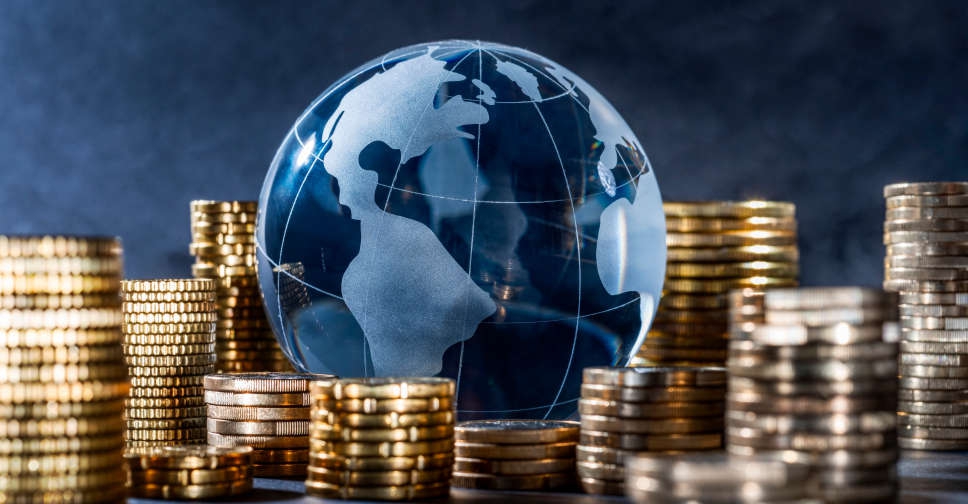
Global public debt surged to a record $92 trillion in 2022 as governments borrowed to counter crises such as the COVID-19 pandemic, with the burden being felt acutely by developing countries, a United Nations report said.
Domestic and external debt worldwide has increased more than five times in the last two decades, outstripping the rate of economic growth, with gross domestic product only tripling since 2002.
This is according to the Wednesday report, released in the run up to a G20 finance ministers and central bank governors' meeting July 14-18.
Developing countries owe almost 30 per cent of the global public debt, of which 70 per cent is represented by China, India and Brazil. Fifty-nine developing countries face a debt-to-GDP ratio above 60 per cent - a threshold indicating high levels of debt.
"Debt has been translating into a substantial burden for developing countries due to limited access to financing, rising borrowing costs, currency devaluations and sluggish growth," the UN report added.
Furthermore, the international financial architecture made access to financing for developing countries both inadequate and expensive, the UN said, pointing to net interest debt payments exceeding 10 per cent of revenues for 50 emerging economies worldwide.
"In Africa, the amount spent on interest payments is higher than spending on either education or health," the report found with 3.3 billion people living in countries that spend more on debt interest payments than on health or education.
"Countries are facing the impossible choice of servicing their debt or serving their people."


 UK's Jaguar Land Rover to halt US shipments over tariffs
UK's Jaguar Land Rover to halt US shipments over tariffs
 US starts collecting Trump's new 10% tariff
US starts collecting Trump's new 10% tariff
 Nasdaq set to confirm bear market as Trump tariffs trigger recession fears
Nasdaq set to confirm bear market as Trump tariffs trigger recession fears
 Dana Gas and Crescent Petroleum exceed 500M boe in Khor Mor field
Dana Gas and Crescent Petroleum exceed 500M boe in Khor Mor field
 China to impose tariffs of 34% on all US goods
China to impose tariffs of 34% on all US goods




